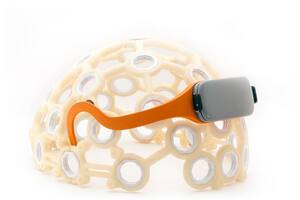Engineering
Automotive engineering
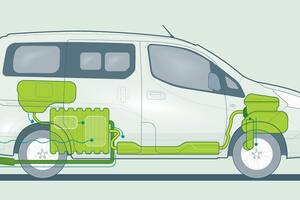
Electric vehicles powered by ethanol
Several research groups are working on technologies that would allow the sugarcane-based fuel to be used in electric vehicles
Environment

CO2 extraction plant
The largest plant designed to remove carbon dioxide from the atmosphere began operating in Ireland on September 8
By Redação
Aerial robotics
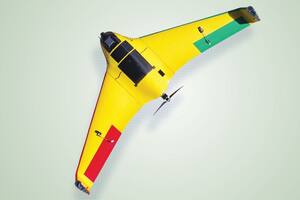
Out of sight
Drone manufacturer in São Paulo first in Brazil authorized to make flights higher than 120 meters above the ground and as far as 30 kilometers from the takeoff point
By Suzel Tunes
space tourism

Billionaires initiate the age of space tourism
Billionaires initiate the age of space tourism
By Redação
Innovation
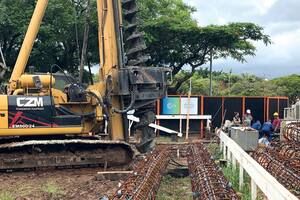
Earth-controlled temperature
A technology developed at the São Carlos School of Engineering of the University of São Paulo uses heat exchange between the subsoil and the foundation piles to acclimatize a building's interior
By Redação
Tecnology

Writing with the mind
A brain-to-computer interface has allowed a 65-year-old man paralyzed from the neck down to quickly write text on a computer screen by imagining himself writing the letters by hand
By Redação
Engineering
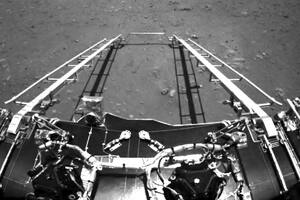
Chinese rover on Mars
Without a fanfare, China’s National Space Administration successfully landed its first rover on Mars
By Redação
Oil & gas engineering

More efficient pre-salt production
A new method could help engineers to better manage the flow of oil and natural gas from deepwater oilfields
Ingenuity

Successful flight on mars
NASA's robotic helicopter Ingenuity became the first aircraft designed on Earth to make a controlled and self-propelled flight on another planet
By Redação
Video

Nasa’s Brazilian engineer explains the Mars 2020 mission
Ivair Gontijo is among those responsible for building and monitoring the rover Perseverance, which is searching for traces of life in Mars | 11'57
By Redação
Materials engineering

Made to order
Artificial intelligence system determines glass formulation based on the desired characteristics
Engineering
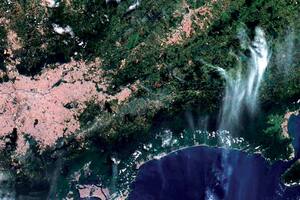
First images from Amazonia-1
The Brazilian National Institute for Space Research has released the first images taken by Brazilian satellite Amazonia-1
By Redação
Space mission

High season on Mars
The exploration of Mars was given fresh impetus last month with the arrival of three spacecraft, each controlled by a different nation
By Redação
Aerospace engineering

Amazonia in space
Brazilian satellite Amazonia-1 ready for launch
Aeronautical engineering
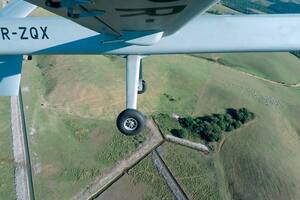
The Atobá takes flight
Rio-based firm successfully develops large-sized unmanned aircraft for defense and security missions
Data
Engineering courses: fall in the number of new and graduating students
Number of new students fell by 17% between 2018 and 2019 to 39% below its peak in 2014
By Redação
Public policy

A paradox on the table
Food insecurity challenges faced by Brazil, one of the largest agricultural producers in the world
Computation
Center for Artificial Intelligence
The Center for Artificial Intelligence, an engineering research center funded by FAPESP was inaugurated on October 13 at the University of São Paulo
By Redação



